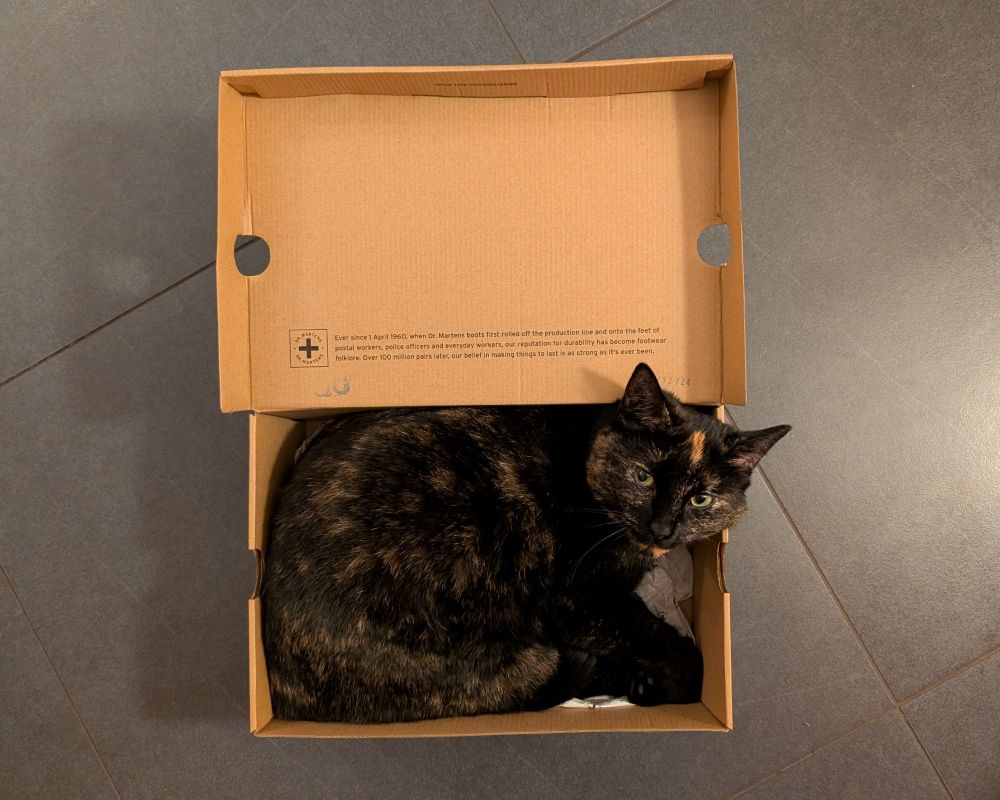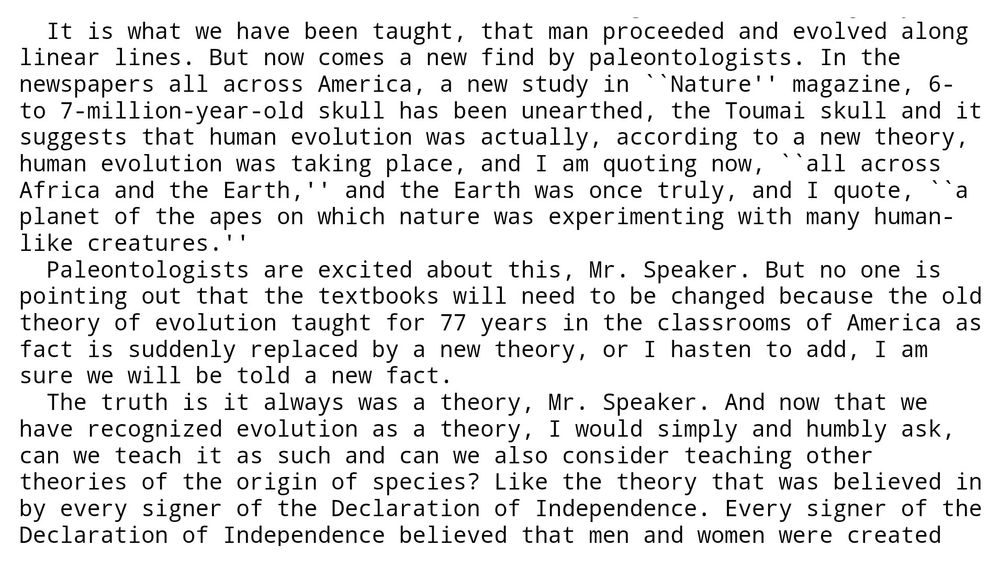
Tracing the complex connections between genes, brains, speech & language.
Website: https://www.mpi.nl/people/fisher-simon-e
ORCID: https://orcid.org/0000-0002-3132-1996



www.embopress.org/doi/full/10....
🗣️🧠🔬🧬 12/12

www.embopress.org/doi/full/10....
🗣️🧠🔬🧬 12/12


More info: www.mpi.nl/imprs-phd-fe...
#AcademicJobs #PhDJobs
🧬🧪

More info: www.mpi.nl/imprs-phd-fe...
#AcademicJobs #PhDJobs
🧬🧪
#DLDday #DevLangDis @radld.bsky.social

#DLDday #DevLangDis @radld.bsky.social






10/n

10/n



A personal thread about the ups & downs of the journey we took to get to that point....1/n
🗣️🧬🧪

A personal thread about the ups & downs of the journey we took to get to that point....1/n
🗣️🧬🧪
...4/n

...4/n


cognition.maxplanckschools.org/en

cognition.maxplanckschools.org/en
www.ashg.org/publications... 🧬🧪

www.ashg.org/publications... 🧬🧪
Correlation or causation?

Correlation or causation?

